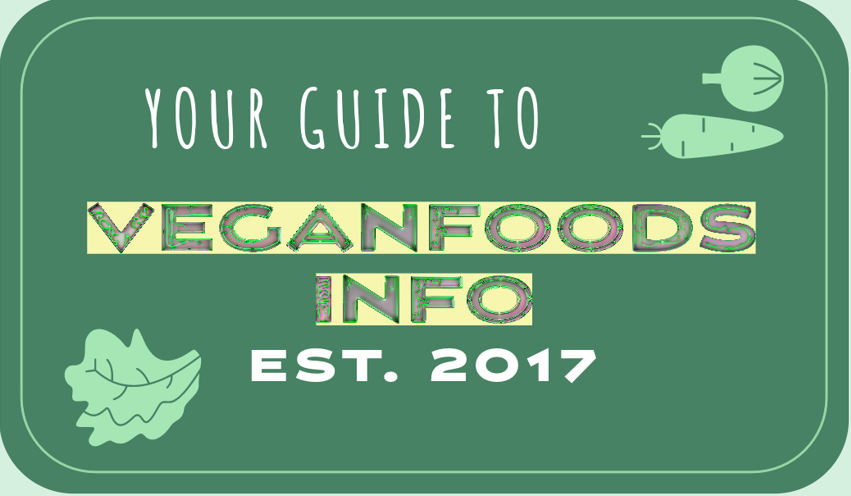Are you looking to improve your overall health and wellbeing? Perhaps it’s time to consider a plant-based diet. In a world where fast food and highly processed meals are the norm, a plant-based diet focuses on consuming more whole, nutrient-rich foods that come from plants. This can include fruits, vegetables, nuts, seeds, and whole grains, and it can also include being vegan or vegetarian.
Not only can a plant-based diet improve your physical health, but it can also benefit the environment and animal welfare. It’s a win-win situation!
Key Takeaways:
- A plant-based diet focuses on consuming more whole, nutrient-rich foods that come from plants.
- This can include fruits, vegetables, nuts, seeds, and whole grains, and it can also include being vegan or vegetarian.
- Plant-based diets can improve physical health, benefit the environment, and improve animal welfare.
Understanding the Health Benefits of a Plant-Based Diet
Plant-based diets have been linked to numerous health benefits, making them an excellent choice for individuals who are looking to improve their overall wellbeing. The consumption of fruits, vegetables, legumes, whole grains, nuts, and seeds can supply all the essential nutrients that the body needs. Below are some key health benefits of a plant-based diet:
| Health Benefit | Description |
|---|---|
| Improved heart health | Studies have shown that consuming a plant-based diet can help lower blood pressure, improve cholesterol levels, and reduce the risk of heart disease. |
| Reduced risk of chronic diseases | Plant-based diets are associated with a lower risk of chronic conditions such as diabetes, cancer, and obesity. Consuming a variety of plant foods can supply the body with essential vitamins, minerals, and phytonutrients. |
| Weight management | Plant-based diets are naturally low in calories and high in fiber, which can promote feelings of fullness and help individuals maintain a healthy weight. |
It is important to note that a plant-based diet does not have to mean a strict vegetarian or vegan lifestyle. Individuals can still consume small amounts of animal products while primarily focusing on plant-based foods. The key is to emphasize nutrient-dense plant foods in the diet.
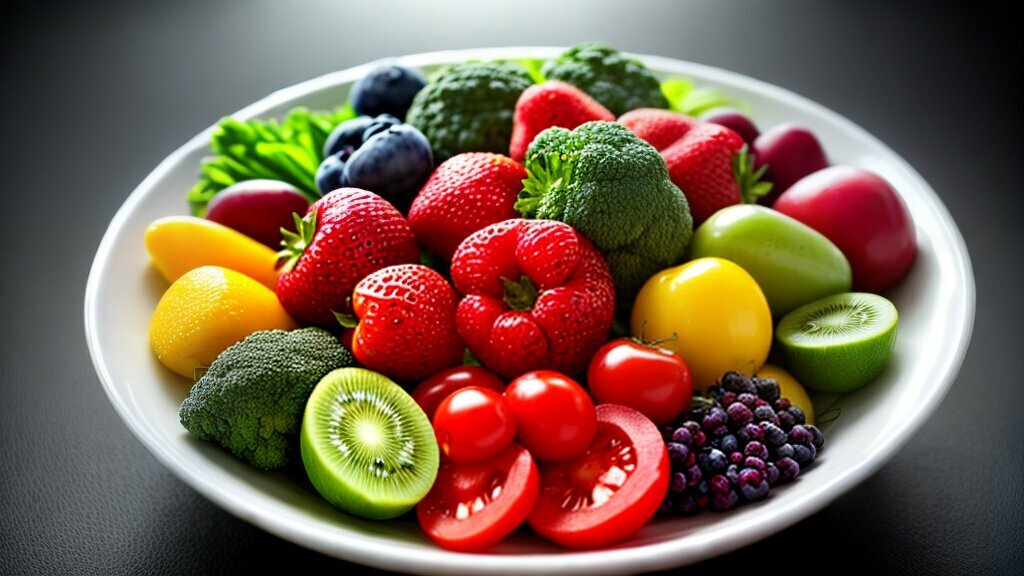
By incorporating more plant-based foods into your diet, you could experience significant health benefits. From improved heart health to weight management, the advantages of a plant-based diet are clear.
Transitioning to a Plant-Based Diet: Tips and Strategies
If you’re interested in transitioning to a plant-based diet, congratulations! It’s a positive step towards a healthier and more sustainable lifestyle. However, it can be overwhelming to make such a change, especially if you’re used to consuming animal products regularly. The good news is that it’s entirely possible to make the switch gradually. Here are some tips and strategies to help you transition smoothly:
| Tip | Description |
|---|---|
| Start Slowly | Instead of going cold turkey, start by reducing your intake of animal products gradually. For example, try eating plant-based meals for one day a week, then increase to two days a week, and so on. |
| Explore New Foods | One of the fun parts of transitioning to a plant-based diet is discovering new foods and flavors. Try experimenting with different types of fruits, vegetables, grains, and legumes. You might be surprised at how tasty they are! |
| Find Alternatives to Animal Products | There are plenty of plant-based alternatives to animal products available in most grocery stores. For example, you can try plant-based milk, cheese, meat, and eggs. Experiment with different brands and varieties to find what you like best. |
| Embrace Plant-Based Protein Sources | Protein is an essential nutrient that your body needs, even if you’re not eating animal products. Legumes, tofu, tempeh, nuts, and seeds are all excellent sources of protein. Incorporate them into your meals to ensure you’re getting enough. |
| Get Creative with Your Meals | Don’t be afraid to get creative with your plant-based meals. Try new recipes, experiment with different spices and herbs, and have fun with your food. Eating a plant-based diet can be delicious and exciting! |

Remember, transitioning to a plant-based diet doesn’t have to be an all or nothing approach. Find what works best for you and your lifestyle. Gradually incorporating more plant-based foods into your diet can still lead to significant health and environmental benefits. So, take it one step at a time, and enjoy the journey!
Exploring Plant-Based Protein Sources
Plant-based diets can provide ample protein, contrary to popular belief. Here is a list of some delicious and protein-rich plant foods that can be incorporated into your meals:
| Plant-Based Protein Sources | Protein Content (per 100g) |
|---|---|
| Tofu | 8g |
| Tempeh | 19g |
| Lentils | 9g |
| Chickpeas | 9g |
| Black beans | 8g |
| Nuts (almonds, peanuts, cashews) | 20g |
| Seeds (chia, hemp, pumpkin) | 20g |
Adding these plant-based protein sources to your meals can provide you with essential amino acids, which are the building blocks of protein. They can also aid in muscle repair and recovery after exercise and help to keep you feeling full and satisfied.
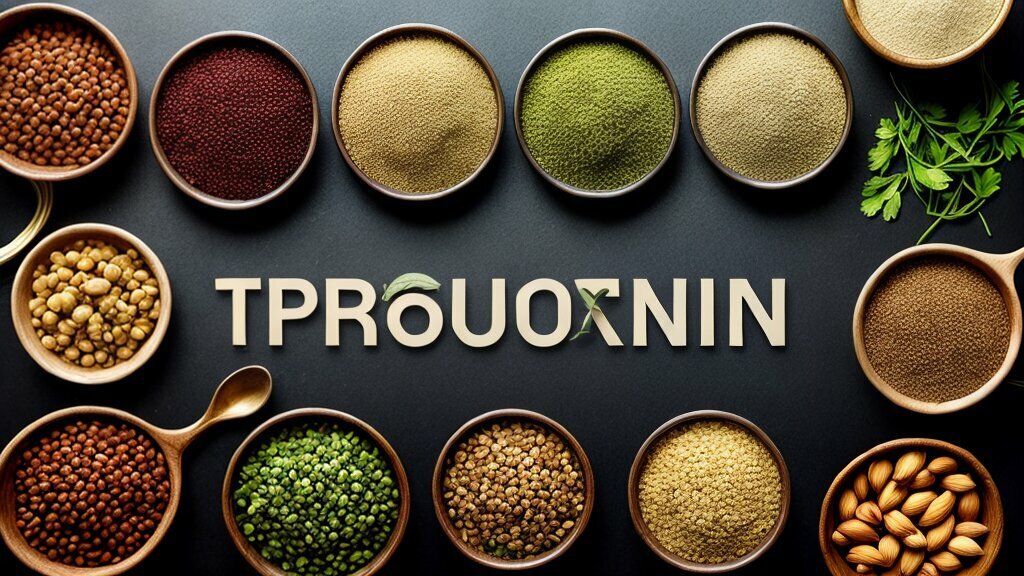
According to the Academy of Nutrition and Dietetics, vegetarian and vegan diets can meet all necessary nutrient needs, including protein, with proper planning.
Delicious Plant-Based Recipes for Every Meal
If you’re new to the plant-based diet, finding exciting plant-based recipes can be a challenge. But don’t worry, we’ve got you covered! Here are some delicious plant-based recipes that will leave you feeling satisfied and nourished.
Breakfast
| Recipe | Description |
|---|---|
| Avocado Toast | A classic breakfast staple made even better with the addition of creamy avocado slices. Toast your favorite bread, spread mashed avocado, a sprinkle of salt, and some red pepper flakes for a spicy kick. |
| Tropical Smoothie Bowl | Blend frozen mango, pineapple, and banana with coconut milk, top with fresh fruit, granola, and a drizzle of honey for a refreshing and nutritious breakfast bowl. |
Lunch
| Recipe | Description |
|---|---|
| Quinoa Salad | Cook quinoa according to package instructions and mix with chopped veggies like cucumber, tomatoes, and bell peppers. Drizzle with a lemon vinaigrette and top with sliced avocado and a handful of nuts. |
| Grilled Veggie Sandwich | Grill slices of zucchini, eggplant, and red bell pepper and pile them onto your favorite bread with hummus, fresh basil, and sliced tomatoes. This sandwich is both comforting and filling. |
Dinner
| Recipe | Description |
|---|---|
| Chickpea Curry | Sauté onions, garlic, and ginger in a pan, add chickpeas, canned tomatoes, and your favorite curry spices. Simmer until thickened, and serve over brown rice with a side of naan bread. |
| Sweet Potato and Black Bean Enchiladas | Roast sweet potato cubes in the oven, then mix with black beans, corn, and chopped cilantro. Roll the filling into tortillas and place them in a baking dish with enchilada sauce. Top with shredded vegan cheese and bake until bubbly. |
Snacks
- Fruit and Nut Butter
- Roasted Chickpeas
- Guacamole with Veggie Sticks
With these plant-based recipes, you’ll be able to experience the delicious flavors and health benefits of a plant-based diet while making mealtime more exciting and enjoyable!

Creating a Plant-Based Meal Plan for Success
Transitioning to a plant-based diet can be challenging, but creating a meal plan can make it easier to stick to. Meal planning helps you stay organized, saves time, and ensures you have healthy plant-based meals available throughout the week. Here’s how to create a plant-based meal plan for success:
1. Set Your Goals
Decide what your goals are for following a plant-based diet. Are you looking to improve your health, reduce your environmental impact, or prevent animal cruelty? Understanding your motivations can help you stay committed to your new plant-based lifestyle.
2. Plan Your Meals
Start by planning your meals for the week. Decide what you will eat for breakfast, lunch, dinner, and snacks. Use a template like this:
| Meal | Monday | Tuesday | Wednesday | Thursday | Friday |
|---|---|---|---|---|---|
| Breakfast | Smoothie | Avocado toast | Oatmeal | Chia seed pudding | Green smoothie bowl |
| Lunch | Lentil soup | Quinoa salad | Roasted vegetable wrap | Black bean burger | Vegan sushi rolls |
| Dinner | Stuffed bell pepper | Spaghetti with mushroom Bolognese | Roasted cauliflower steak | Vegan shepherd’s pie | Tempeh stir-fry |
| Snack | Fruit salad | Trail mix | Hummus and veggies | Apple slices with almond butter | Rice cakes with peanut butter |
Try to plan meals that are balanced and varied, including a mix of whole grains, fruits, vegetables, legumes, nuts, and seeds. Experiment with different cuisines and flavors to keep things interesting!
3. Make a Grocery List
Once you have your meal plan, make a grocery list of all the ingredients you will need for the week. This will help you stay organized and avoid last-minute trips to the grocery store. Consider buying in bulk to save money and reduce waste.
4. Prep Your Meals
Prepping your meals in advance can help you save time during the week. Consider cooking in batches and freezing leftovers for later. You can also chop vegetables, cook grains, and soak beans ahead of time to make meal prep easier.
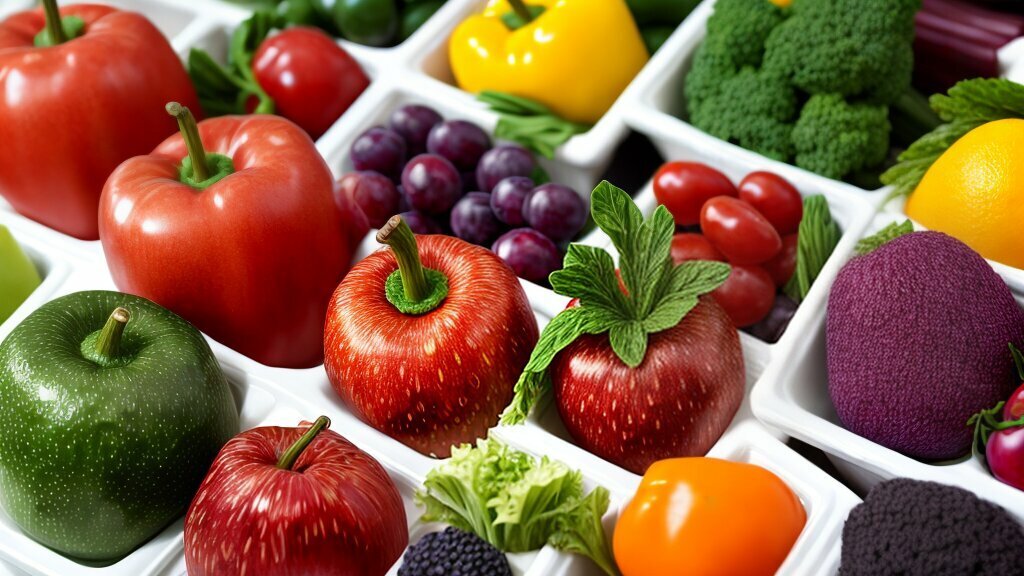
With a little planning and preparation, you can create a successful plant-based meal plan that supports your health and your lifestyle. Embrace the challenge and enjoy the benefits of a more plant-based diet!
Plant-Based Diet for Weight Loss: How It Can Help Shed Pounds
One of the potential benefits of a plant-based diet is weight loss. Plant-based foods are typically lower in calories than animal products and higher in fiber, which can help you feel fuller for longer.
In fact, research has shown that individuals who follow a plant-based diet tend to have a lower body mass index (BMI) and are less likely to be overweight or obese. One study even found that those who followed a vegan diet lost more weight than those who followed a calorie-restricted diet that included meat.
Plant-based diets also tend to be naturally lower in saturated fat, which can contribute to weight gain and other health problems. Instead, they are rich in healthy fats like nuts, seeds, and avocados, which can promote satiety and support weight loss.
To reap the weight loss benefits of a plant-based diet, it’s important to focus on whole, nutrient-dense foods and limit processed foods and sugary snacks. Incorporating plenty of fruits, vegetables, whole grains, and plant-based protein sources can help keep you feeling full and satisfied while also promoting weight loss.
Plant-Based Protein for Weight Loss
Plant-based protein sources can be an excellent addition to a weight loss meal plan. They are typically lower in calories and saturated fat than animal proteins, while still providing the essential amino acids your body needs.
Some of the best plant-based protein sources for weight loss include:
| Food | Protein Content |
|---|---|
| Lentils | 9 grams per ½ cup |
| Chickpeas | 7 grams per ½ cup |
| Tempeh | 15 grams per 3 oz |
| Quinoa | 4 grams per ½ cup |
| Nuts and Seeds | Varies, but typically 5-7 grams per serving |
These protein sources can be incorporated into a variety of meals, from lentil soups and chickpea salads to quinoa bowls and tempeh stir-fries. Adding protein to each meal can help keep you full and satisfied while also supporting weight loss.
Overall, a plant-based diet can be a healthy and effective way to support weight loss. By focusing on whole, nutrient-dense foods and incorporating plenty of plant-based protein sources, you can promote satiety, boost energy levels, and shed pounds.
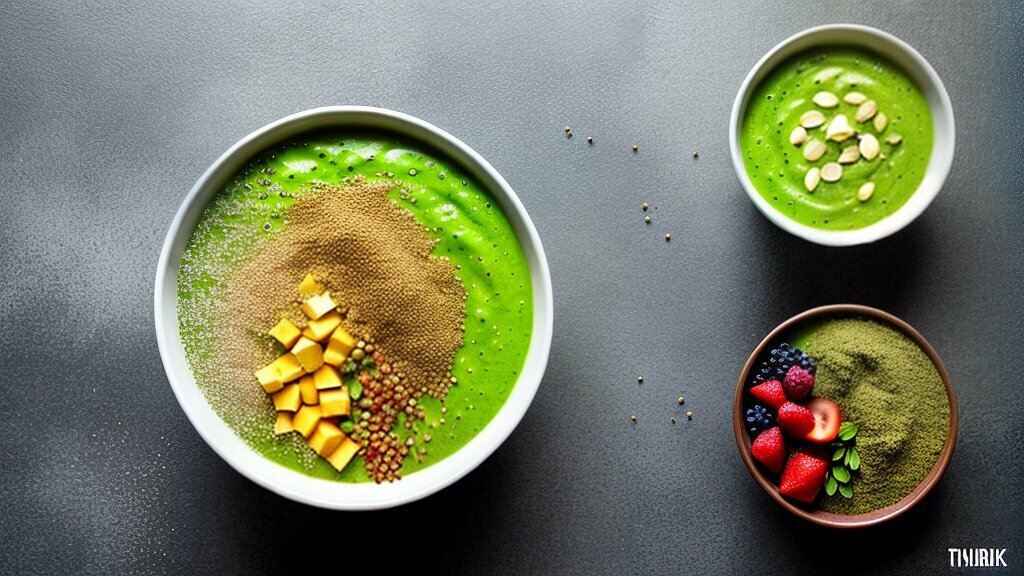
Conclusion
Embracing a plant-based diet is a simple yet effective way to improve your overall health and wellbeing. By reducing your intake of animal products and increasing your consumption of plant foods, you can lower your risk of chronic diseases, improve heart health, and manage your weight.
Transitioning to a plant-based diet may seem daunting at first, but with the right tips and strategies, it can be both manageable and enjoyable. Incorporating more plant-based protein sources like legumes, tofu, and nuts can help you meet your nutritional needs while also adding variety to your meals.
Creating a plant-based meal plan can also set you up for success. It can help you stay on track, save time and money, and ensure that you are getting a balanced diet. And the best part? Plant-based eating doesn’t have to be boring or tasteless. With delicious recipes for every meal, you can enjoy a variety of flavors and textures.
So, what are you waiting for? Start incorporating more plant-based foods into your diet today. Your body will thank you for it.
FAQ
Q: What is a plant-based diet?
A: A plant-based diet emphasizes consuming mostly or exclusively plant-derived foods such as fruits, vegetables, grains, legumes, nuts, and seeds. It may or may not exclude animal products like meat, dairy, and eggs.
Q: What are the health benefits of a plant-based diet?
A: Embracing a plant-based diet can have numerous health benefits. It can improve heart health, lower the risk of chronic diseases like diabetes and cancer, and contribute to weight management by providing nutrient-dense, low-calorie foods.
Q: How can I transition to a plant-based diet?
A: Transitioning to a plant-based diet can be done gradually. Start by reducing animal products and incorporating more plant-based protein sources into your meals. Explore different fruits and vegetables to diversify your diet.
Q: What are some plant-based protein sources?
A: Plant-based protein sources include legumes (beans, lentils), tofu, tempeh, nuts, and seeds. These foods are not only rich in protein but also provide essential nutrients like fiber and healthy fats.
Q: Can you provide some delicious plant-based recipes?
A: Absolutely! Check out our selection of plant-based recipes that cover breakfast, lunch, dinner, and snacks. Each recipe is accompanied by a brief description and a list of ingredients to make it easy for you to try new plant-based dishes.
Q: How do I create a plant-based meal plan?
A: Creating a plant-based meal plan is simple. Start by understanding your needs and preferences. We provide sample meal plans to guide you, as well as tips for grocery shopping and meal prepping to make the process easier and more efficient.
Q: Can a plant-based diet help with weight loss?
A: Yes, a plant-based diet can be an effective approach to weight loss. Plant-based foods are generally high in fiber and low in calorie density, which can help reduce cravings, improve satiety, and support weight management.
